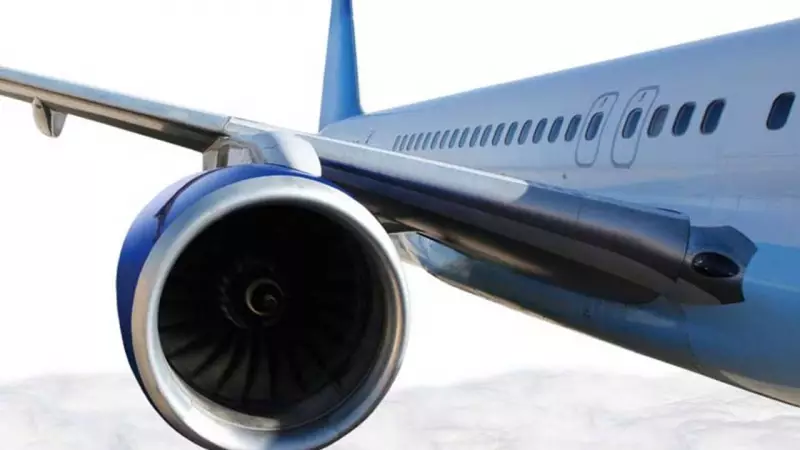
Nigeria's aviation sector is facing an existential threat as industry experts raise urgent concerns about the crushing burden of multiple taxes and levies imposed on airlines. The situation has become so dire that some analysts predict a complete collapse of domestic carriers if immediate intervention doesn't occur.
The Tax Burden Breaking Nigerian Airlines
According to aviation specialists, Nigerian airlines are currently grappling with over 30 different taxes and levies from various government agencies. This excessive taxation comes at a time when carriers are already struggling with skyrocketing aviation fuel prices, foreign exchange shortages, and massive operational costs.
"The cumulative effect of these multiple charges is making it practically impossible for airlines to maintain profitability," explained one industry insider. "We're seeing a situation where airlines are essentially working to pay taxes rather than sustain their operations."
Immediate Government Intervention Needed
Experts are urgently calling for the Federal Government to review the current tax framework affecting aviation. The warning comes as several domestic carriers have either suspended operations or significantly reduced their flight schedules in recent months.
The high cost environment has created a perfect storm for the industry. Airlines face enormous expenses for aircraft maintenance, spare parts, insurance, and leasing costs—all of which are dollar-denominated and affected by Nigeria's foreign exchange challenges.
Domestic Travel Becoming Unaffordable
As airlines struggle to absorb these costs, the natural consequence has been rising airfares that make domestic travel increasingly unaffordable for ordinary Nigerians. This creates a vicious cycle where reduced passenger numbers further strain airline finances.
Industry stakeholders emphasize that a healthy aviation sector is crucial for Nigeria's economic development, facilitating business travel, tourism, and connecting different regions of the country.
The Way Forward for Nigerian Aviation
Aviation professionals propose several solutions to rescue the struggling sector:
- Immediate tax relief and harmonization of multiple charges
- Government support in addressing foreign exchange access
- Review of airport charges and operational costs
- Development of sustainable aviation fuel alternatives
- Implementation of policies that encourage airline sustainability
The consensus among experts is clear: without prompt government action to address the tax burden and operational challenges, Nigeria risks losing its domestic aviation capacity entirely, with severe consequences for the national economy and connectivity.






